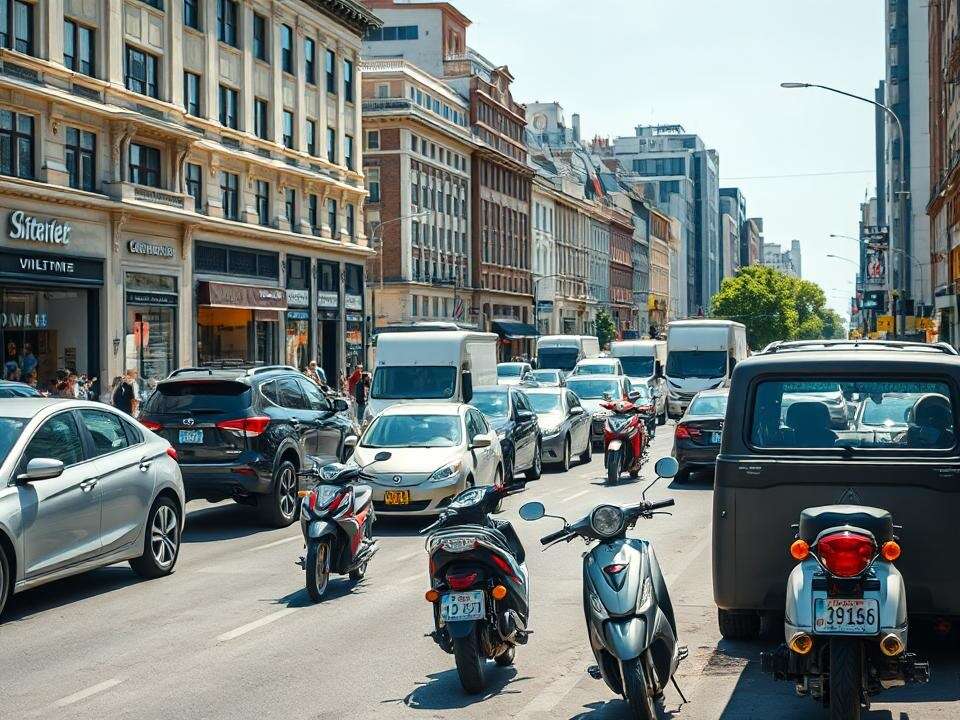
In a citywide crackdown, the Delhi Traffic Police have booked more than 27,000 vehicle owners in May 2025 alone for using defective or fancy number plates. The enforcement drive follows strict directions from the Delhi Police Commissioner to act against vehicles that do not follow number plate regulations, a TOI report stated.
Sharp rise in violations this year
According to official data, Delhi recorded 17,795 violations in 2024, including 14,624 challans and 3,171 notices. In comparison, May 2025 alone saw 23,417 challans and 3,785 notices, pushing the total to 27,202 this year.
The drive targets number plates with unusual fonts, colours, religious symbols, and caste or community slogans. Police said such violations are not only traffic offences but also pose a risk to law and order.
Criminal misuse of non-standard plates
Police officials said that criminals often use non-standard or damaged number plates to hide their vehicles’ identity. These plates make it difficult for authorities to trace or identify vehicles involved in crimes.
“Non-standard number plates, including those that are defective, fancy, or illegible, pose a significant challenge to law and order in our cities. There have been several cases where criminals try to hide their number plates by applying soil or thick paint to evade cameras,” police said.
Surveillance efforts affected
The police also pointed out that these plates interfere with traffic surveillance systems and automatic detection tools used across the city. A senior traffic officer said many violators offer excuses when caught.
“When we catch people, they make various excuses—such as saying they were on their way to get the number plate changed when stopped, or claiming the plate broke just recently,” the officer said.
Clear message from senior officials
Special Commissioner of Police (Traffic) Ajay Chaudhary said, “It is essential for law enforcement agencies to strictly enforce number plate regulations and ensure that all vehicles display standard and legible plates. By doing so, they can enhance public safety and security, making it more difficult for criminals to operate undetected.”

